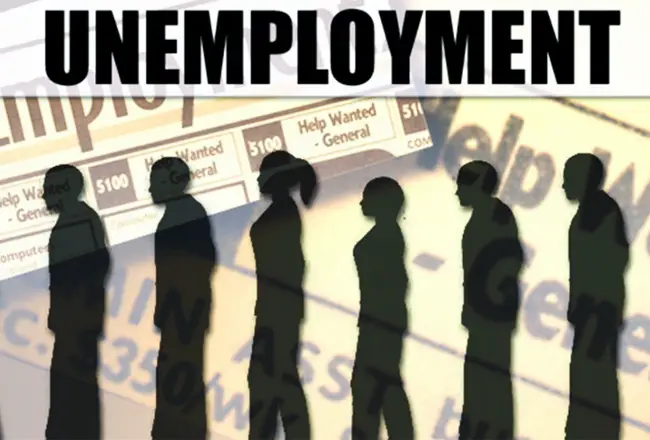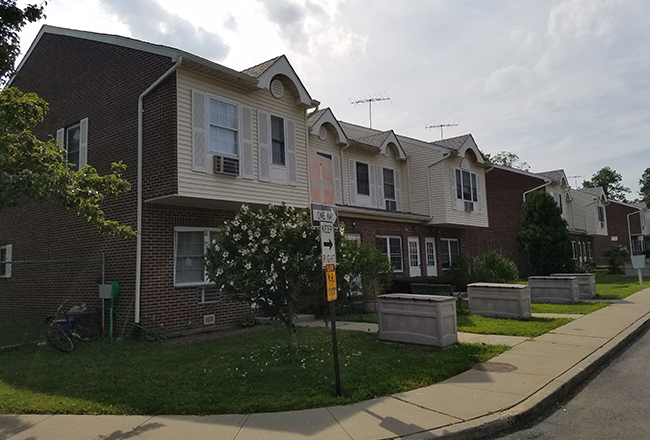A Connecticut Conference of Municipalities survey of town and city governments reveals the service and fiscal constraints being imposed at the local level as municipalities approached their first fiscal quarters with no state budget in place.
Twenty-nine of the 61 municipalities have imposed some type or level of spending freeze during the first quarter of the fiscal year, including:
- Freezing capital budget spending funded through town”™s general fund;
- Holding on spending for police cars and public works equipment;
- Implementing citywide hiring freeze;
- Slowing the hiring process where feasible;
- Freezing all department budgets with only contractual and emergency spending authorization;
- Funding only work projects that support core services and essential work performed over summer months;
- Placing a hold on virtually all discretionary spending;
- Postponing planned road work due to uncertainties of town aid road funds;
- Not implementing planned road construction spending.
Twenty-eight of the 61 communities said they had already started to curtail some municipal services, such as:
- Reducing education expenditures;
- Cutting police overtime and part-time hours;
- Delaying public works hiring after retirements;
- Holding on paving local streets;
- Â Eliminating summer youth programs;
- Reducing employee raises;
- Reducing library services and cutting back library hours;
- Cutting parks and recreation services;
- Cutting back on environmental testing;
- Eliminating positions at the board of education.
The average percentage increase in approved and proposed local government budgets was 1.52 percent among the 59 towns responding to the survey. Municipal budgets could be adjusted to account for state aid once a state budget agreement is reached, the municipal group noted.
The average percentage increase in approved and proposed real property tax rates among the responding towns was 2.86 percent. Those rates also could change once a state budget is finalized.
“These survey results present a snapshot of the stresses on local government as they attempt to start their fiscal year with little or no direction from the state regarding the level of state aid they will receive, never mind the level of state aid they need,” said Connecticut Conferenfe of Municipalities Executive Director Joe DeLong. “With the looming state budget crisis this spring and summer, towns and cities moved to cut spending and limit tax hikes as they feared a significant reduction in municipal aid.”


















